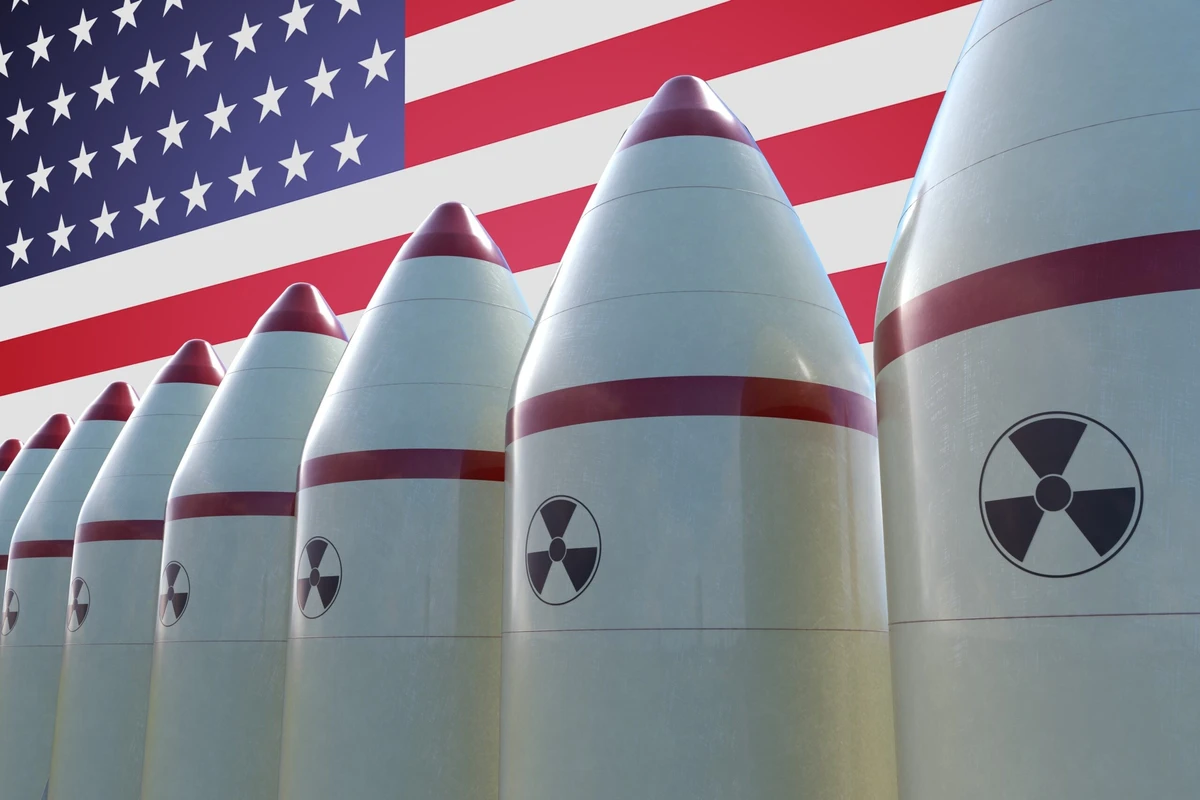Travel Notebook
On June 6, the annual meeting of the well-known U.S. non-governmental organization, the Arms Control Association, was held in Washington. Modern complexities within American nuclear policy were scrutinized, with significant emphasis being placed on the modernization of the U.S. nuclear program, its doctrinal shifts, and strategic posturing vis-à-vis Russia, China, Iran, and the DPRK.
Alexandra Zubenko, MA Candidate, International Dual Degree M.A. Program “Global Security, Nuclear Policy, and WMD Nonproliferation” (MGIMO-MIIS-PIR Center), attended the meeting. We are pleased to share the principal findings Alexandra noted from the event.
A highlight of the event was the address by Pranay Vaddi, Special Assistant to President Biden and Senior Director for Arms Control, Disarmament, and Nonproliferation at the National Security Council. Besides him, representatives of Congress and the U.S. State Department, several well-known experts (Sharon Squassoni, Hans Kristensen), and former diplomats (Thomas Countryman) also participated in the discussion. Although the speakers’ speeches differed in the degree of moderation and belligerence of rhetoric, the messages around the main discussion topics seemed to be unanimous:
1. Russia took one of the central places on the agenda of the event. The main message of Pranay Vaddi’s speech was to toughen the approach to relations with Russia. Vaddi said that Russia had rejected U.S. proposals to resume strategic dialogue and accused Moscow of aggressive nuclear rhetoric. He also noted that there are no hopes for restoring dialogue in the foreseeable future, and the most realistic scenario would be to work on measures to reduce nuclear risks. Although there were repeated calls during the meeting to continue the dialogue with Russia, there was no clear understanding of how it should be conducted. Interestingly, the U.S. strategy regarding the conflict in Ukraine and its role in relations with Russia were practically ignored. For example, at a panel where legal issues of the transfer of U.S. weapons were discussed, in response to the opinion of one of the speakers that the supplies contradict American law because of their use against civilians, the representative of the State Department, Mira Resnik said that the United States “could not know for what purposes their weapons would be used.” The consequences of the supply of long-range guns and fighter jets, the issue of the use of NATO weapons against targets in Russia, and the reaction to similar actions by NATO allies – the discussants practically neglected all these issues.
2. Modernization of the American nuclear program and changes to the nuclear doctrine became the main focus of the conference. Amid the ongoing discussions in the Senate on plans to modernize the U.S. nuclear arsenal and the need to deploy more warheads (than allowed under New START), several speakers, including those representing the U.S. Congress, declared the fallacy of such a decision. Pranay Vaddi, responding to this concern, said that the United States was not going to deploy more than 1,550 warheads but that it could not rule out such a measure in the future. Among the achievements of the U.S. policy of non-proliferation and arms control, he mentioned the U.S. withdrawal from the CFE Treaty, the use of “extended deterrence” (including the recent deployment of medium-range and shorter-range missiles in the Philippines). Vaddi also reiterated the administration’s intention to upgrade the B61 nuclear air bomb, which is deployed on U.S. and NATO military aircraft, to version B61-13.
3. Several experts stressed that the build-up of the Chinese nuclear arsenal today appears to be the main threat to the United States in the nuclear field, and the issue of increasing American nuclear forces will depend on its development. Madelyn Creedon, a representative of the Congressional Commission on the U.S. Strategic Posture, said that the main weakness of the U.S. intelligence community in analyzing the actions of unfriendly countries is the lack of understanding of the causes of certain developments in their military doctrines and programs. She also noted that China’s deterrence policy should include the build-up of conventional U.S. weapons. The experts approved political consultations with Chinese leaders and advised not to forgo attempts to involve China in an official dialogue. However, according to Vaddi, China has already twice (at the end of last year and the beginning of this year) refused U.S. proposals to hold consultations on a “no-first-use doctrine.”
4. The panel discussion on the JCPOA also did not give optimistic perspectives. Experts agreed that the restoration of the agreement is unlikely and that pressure on Iran and sanctions policies are the only effective tool in this context. In addition, it was noted that the Iranian program has gone “so far ahead” that the current agreement will not be able to work as effectively. Professor Squassoni even hinted at completely restricting Iran’s access to knowledge and technology of the peaceful atom, even though this directly contradicts the NPT.
The meeting was indicative of how a closed and unchallenged discussion can spiral dangerous opinions even among professionals. At the beginning of the working lunch, one of the organizers proudly announced that Kiev-style cutlets would be served for hot meals. Sometimes, the US propaganda makes you leave in English.
June 19, 2024
Alexandra Zubenko
Washington – Moscow
Key words: International Security; Nuclear Weapon; United States
AC
F4/SOR – 24/06/19



